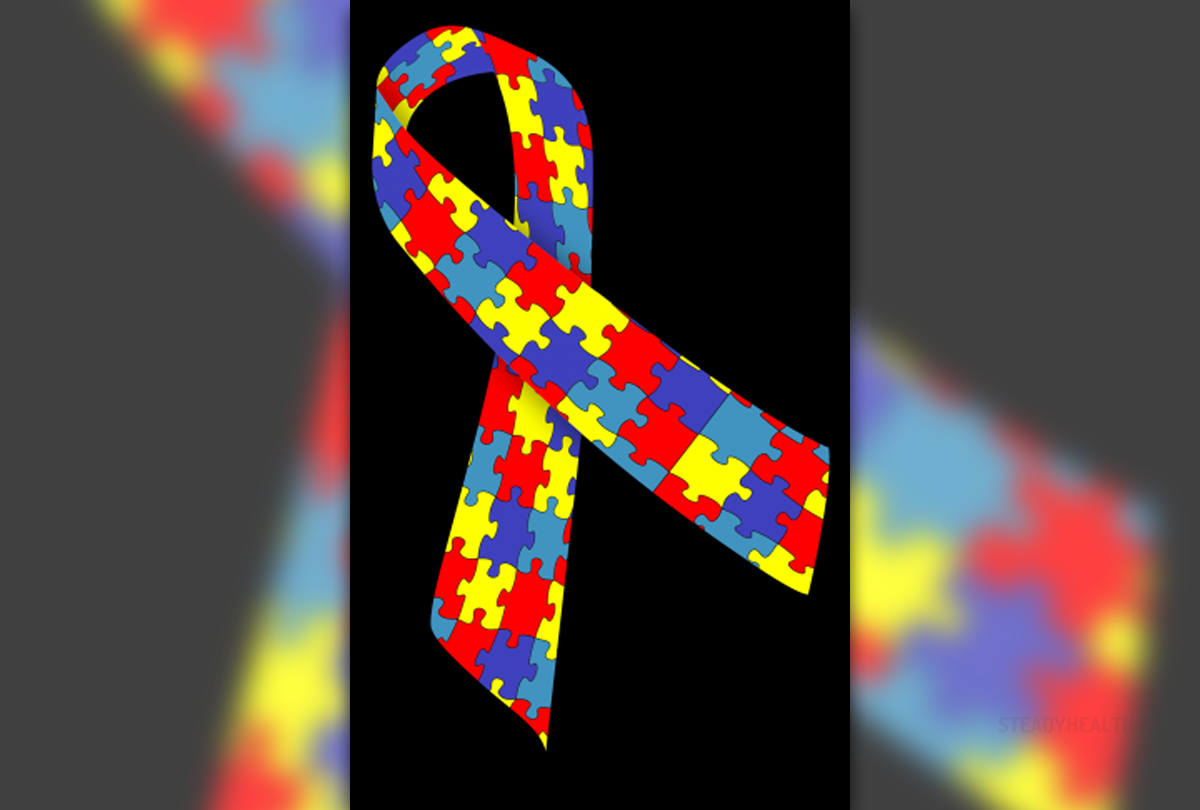
Autism is a developmental disorder characterized by impaired social interaction and communication, accompanied with the restricted and repetitive disorder. This is a very serious health concern that appears in early childhood, usually before the age of 3. The exact mechanism of the disorder is yet unknown, but scientists are sure that autism affects information processing in the brain by changing the way how nerve cells and their synapses connect and organize. The prevalence of autism is about 1–2 per 1,000 people worldwide. It is estimated that approximately 9 per 1,000 children in the United States are suffering from autism.
Signs and symptoms of autism in infants
Signs and symptoms of this developmental disorder usually develop gradually, and parents notice the first signs during the child’s first two years of life. However, some children appear to develop normally and then regress. It might happen that a perfectly normal child suddenly withdraws, becomes aggressive or loses already acquired language skills. In most cases symptoms begin after the age of six months, establish by two or three years, and continue through adulthood. Children with autism will have problems in social interaction, language and behavior. In severe cases, they will be completely unable to communicate or interact with others. When the symptoms appear in the early infancy, they usually manifest as failure to respond to his or her name, poor eye contact, resisting to cuddle and holding, apparent unawareness of others’ feelings, failure to reciprocate parent's smile, failure to smile and react to a parent's presence etc.
By sixteen months a child can usually use single words, and by the age of two, the child should be able to use two word phrases. Children with autism start talking later than the age two, they often lose previously acquired ability to pronounce words or sentences. They may speak with an abnormal tone or rhythm, or often repeat words or phrases but do not understand how to use them.
Moreover, these children perform repetitive movements, such as rocking or hand-flapping, and they develop specific routines and become disturbed at the slightest change in them. They often seem to be fascinated by parts of an object, and are usually sensitive to light, sound and touch and yet unconscious to pain.
Causes of autism
Scientists didn’t find any single cause for autism. This is a very complex disorder and there are probably many different causes. There is a strong indication that a number of genes appear to be involved in autism. On the other hand, autism seems to be associated with both genetic and environmental factors. There is an ongoing research on viral infections and air pollutants and their role in triggering autism.


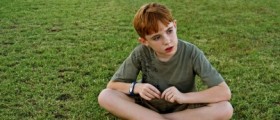
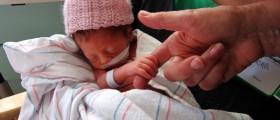
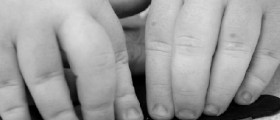


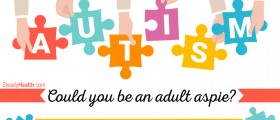
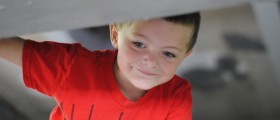
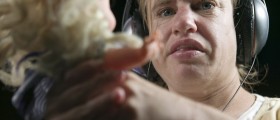


_f_280x120.jpg)
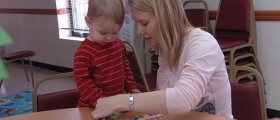


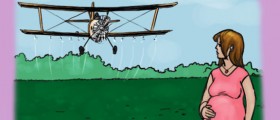
Your thoughts on this
Loading...